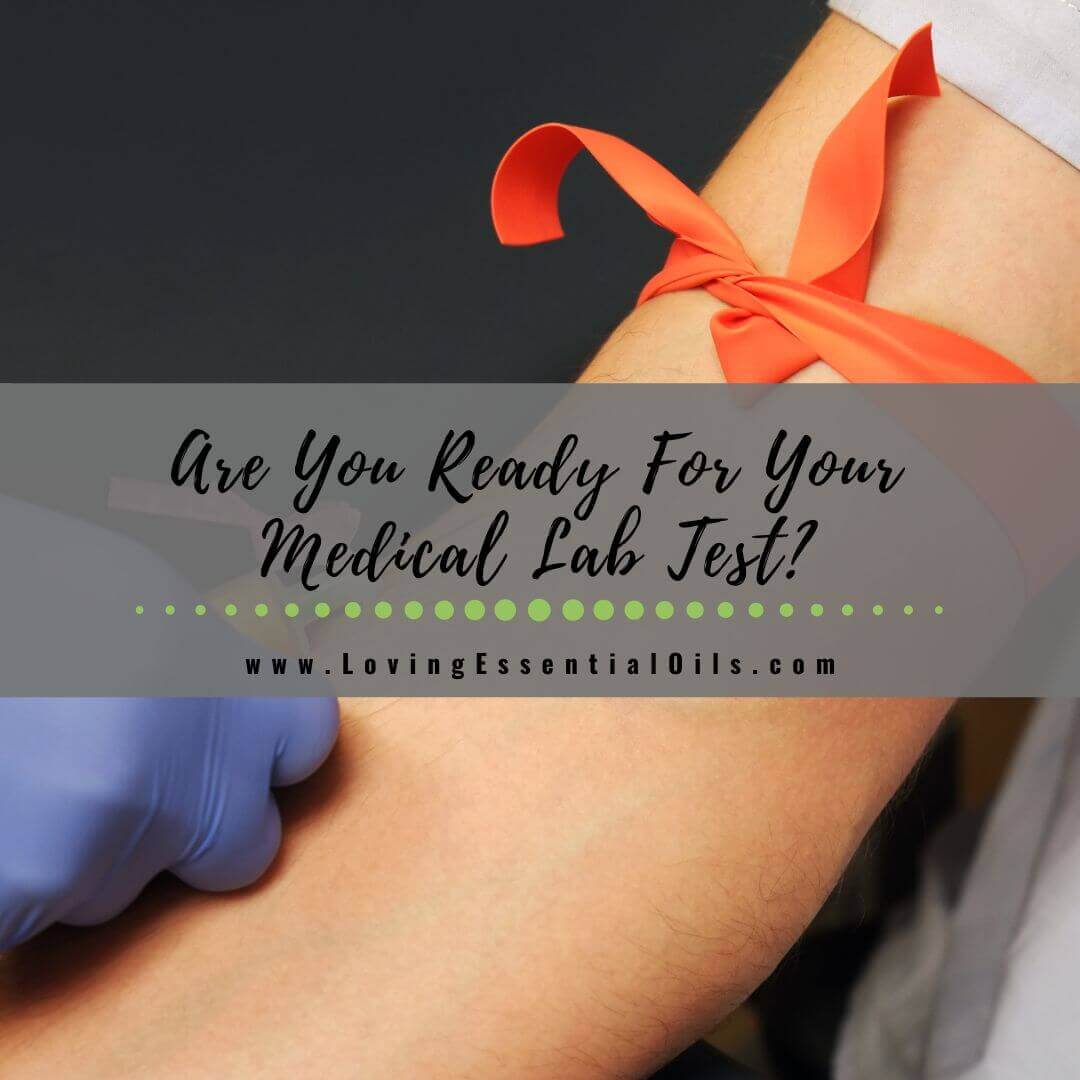Choosing to seek help for alcohol addiction is a brave and transformative decision. The journey toward recovery can be challenging, but finding the right alcohol rehab in New Jersey is a crucial step that can significantly enhance your chances of success. In this guide, we will explore how to locate the best rehab centers, what to look for in a facility, and how personalized treatment can lead to lasting recovery.
Understanding the Importance of Local Treatment
When considering alcohol rehab, it is beneficial to explore options within your city or region. Local treatment centers can offer several advantages, including:
- Accessibility: Proximity allows for easier access to the facility, reducing barriers to attendance. This can be especially important for individuals in crisis who may need immediate help.
- Support Network: Staying close to home means you can maintain your support network of friends and family. They can provide emotional support and encouragement during your recovery process.
- Familiar Environment: Being in a familiar setting can help ease anxiety. It allows you to focus on recovery without the added stress of relocating to an unfamiliar place.
Researching Alcohol Rehab Centers
Finding the right rehab center begins with research. Here are some effective steps to help you identify the best options in your area, including alcohol rehab in New Jersey:
- Online Search: Use search engines to find alcohol rehab centers in your city. Look for facilities with positive reviews and testimonials. Websites like Google Maps and Yelp can be helpful in evaluating local options based on patient experiences.
- Consult Health Professionals: Reach out to doctors, counselors, or therapists who specialize in addiction. They can provide recommendations and insights based on your specific needs and circumstances.
- Local Support Groups: Organizations like Alcoholics Anonymous (AA) can provide valuable information about local rehab facilities. Members often share their experiences and can recommend centers that have worked for them.
- Insurance Providers: Contact your health insurance provider to find out which rehab centers are covered under your plan. This can help narrow your search and ensure you find a facility that fits your financial needs.
What to Look for in an Alcohol Rehab Center
Not all rehab centers are created equal. Here are some essential factors to consider when evaluating potential facilities:
- Accreditation and Licensing: Ensure the center is accredited by recognized organizations, such as the Joint Commission or the Substance Abuse and Mental Health Services Administration (SAMHSA). Licensing ensures that the facility meets specific standards of care.
- Treatment Programs: Look for centers that offer a variety of treatment options, including inpatient, outpatient, and partial hospitalization programs. Personalized treatment plans that cater to individual needs are crucial for effective recovery.
- Specialized Care: If you have co-occurring mental health issues, such as anxiety or depression, consider a facility that offers dual diagnosis treatment. This approach addresses both addiction and mental health simultaneously for a comprehensive recovery experience.
- Qualified Staff: Research the qualifications and experience of the staff members. Ensure that they have the appropriate licenses, certifications, and training in addiction treatment. A compassionate and knowledgeable team can significantly impact your recovery journey.
- Aftercare Services: Recovery doesn’t end when you leave rehab. Inquire about aftercare programs, such as follow-up counseling, support groups, and relapse prevention strategies. Ongoing support is vital for maintaining sobriety after treatment.
The Role of Personalized Treatment
Personalized treatment is a cornerstone of effective alcohol rehab. Each person’s journey to recovery is unique, influenced by various factors such as their history with alcohol, underlying mental health issues, and personal circumstances. Here’s how tailored approaches can enhance your recovery:
- Comprehensive Assessment: A thorough evaluation upon admission allows the treatment team to develop a customized plan that addresses your specific needs and challenges.
- Flexible Treatment Options: Personalized treatment plans may include a combination of therapies, such as cognitive-behavioral therapy (CBT), motivational interviewing, and holistic approaches like yoga and mindfulness. This flexibility ensures that you receive care that resonates with you.
- Continuous Monitoring: Regular check-ins and assessments throughout your treatment allow for adjustments to your plan as needed. This responsive approach can address any emerging issues and help keep you on track.
Embracing Recovery in Your City
Once you find a rehab center that aligns with your needs, including options for alcohol rehab in New Jersey, it’s essential to approach the recovery process with an open mind and a commitment to change. Embrace the resources available to you, including support groups, therapy sessions, and wellness activities.
As you begin your journey to sobriety, remember that recovery is a process, not a destination. Surround yourself with supportive individuals, both in and out of the rehab center, who understand your struggles and can help guide you along the way.
Conclusion
Finding the best alcohol rehab in New Jersey is a vital step toward recovery. By researching local options, considering essential factors, and embracing personalized treatment, you can set yourself up for success. Remember, seeking help is a sign of strength, and with the right support and resources, you can reclaim your life and build a brighter, sober future.





